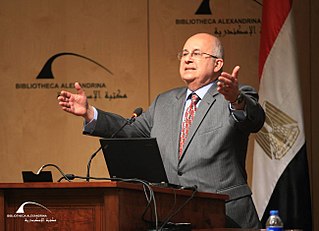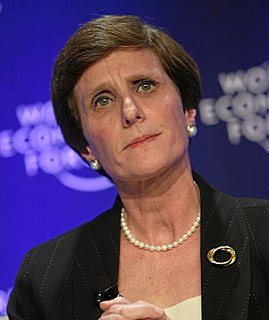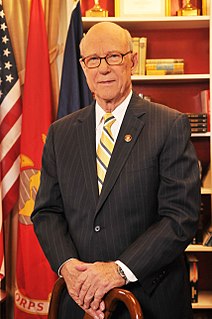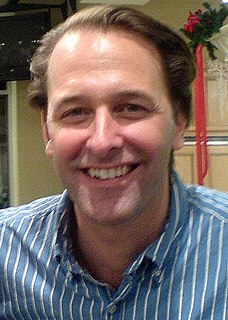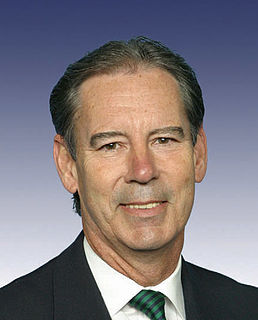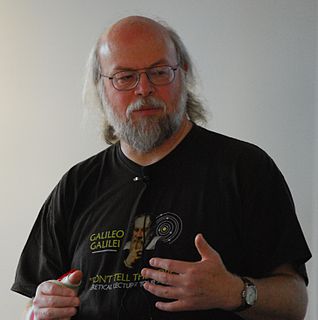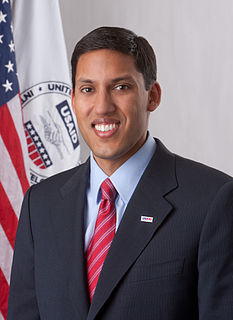A Quote by Ismail Serageldin
Sara Scherr and Jeff McNeely have given us a thoughtful, sensible book about a topic of great importance to the world. There is no food security, no poverty reduction, no environmental sustainability without transforming our agricultural practices. The book ?presents well documented cases of best practices from all over the world. It should be required reading for all concerned with agriculture, the environment, food security or just the future of our children.
Quote Topics
About
Agricultural
Agriculture
Best
Best Practices
Book
Cases
Children
Concerned
Environment
Environmental
Environmental Sustainability
Food
Food Security
Future
Given
Great
Importance
Jeff
Just
Our
Our Children
Over
Poverty
Poverty Reduction
Practices
Presents
Reading
Reduction
Required
Security
Sensible
Should
Sustainability
Thoughtful
Topic
Transforming
Us
Well
Without
World
Related Quotes
Those of us who think about what we eat, how it's grown, those of us who care about the environmental impact of food - we've been educated by fabulous books, like Fast Food Nation and documentaries like Food Inc. But despite these and other great projects that shine a critical light on the topic, every year the food industry spends literally tens of millions of dollars to shape the public conversation about our food system.
In the Java world, security is not viewed as an add-on a feature. It is a pervasive way of thinking. Those who forget to think in a secure mindset end up in trouble. But just because the facilities are there doesn't mean that security is assured automatically. A set of standard practices has evolved over the years. The Secure Coding Standard for Java is a compendium of these practices. These are not theoretical research papers or product marketing blurbs. This is all serious, mission-critical, battle-tested, enterprise-scale stuff.
The people who benefit from this state of affairs have been at pains to convince us that the agricultural practices and policies that have almost annihilated the farming population have greatly benefited the population of food consumers. But more and more consumers are now becoming aware that our supposed abundance of cheap and healthful food is to a considerable extent illusory.
It's a moral imperative, it's an economic imperative, and it is a security imperative. For we've seen how spikes in food prices can plunge millions into poverty, which, in turn, can spark riots that cost lives, and can lead to instability. And this danger will only grow if a surging global population isn't matched by surging food production. So reducing malnutrition and hunger around the world advances international peace and security - and that includes the national security of the United States.
There's what I'll call best practices and then there's reality. Based on our research over the past two to three years, there are significant differences in performance results that companies are experiencing with their security programs. There are some common things that are done very well among the best-class enterprises suffering the least amount of breaches and damages. But even having said that, there's probably no way to defeat a serious security threat today and it wouldn't matter what the tool is. The only way to do that would be to unplug the computers.
Consent of the Networked will become the seminal book firmly establishing the responsibility of those who control the architecture and the politics of the network to the citizens who inhabit our new digital world. Consent of the Networked should be required reading for all of those involved in building our networked future as well as those who live in it.
